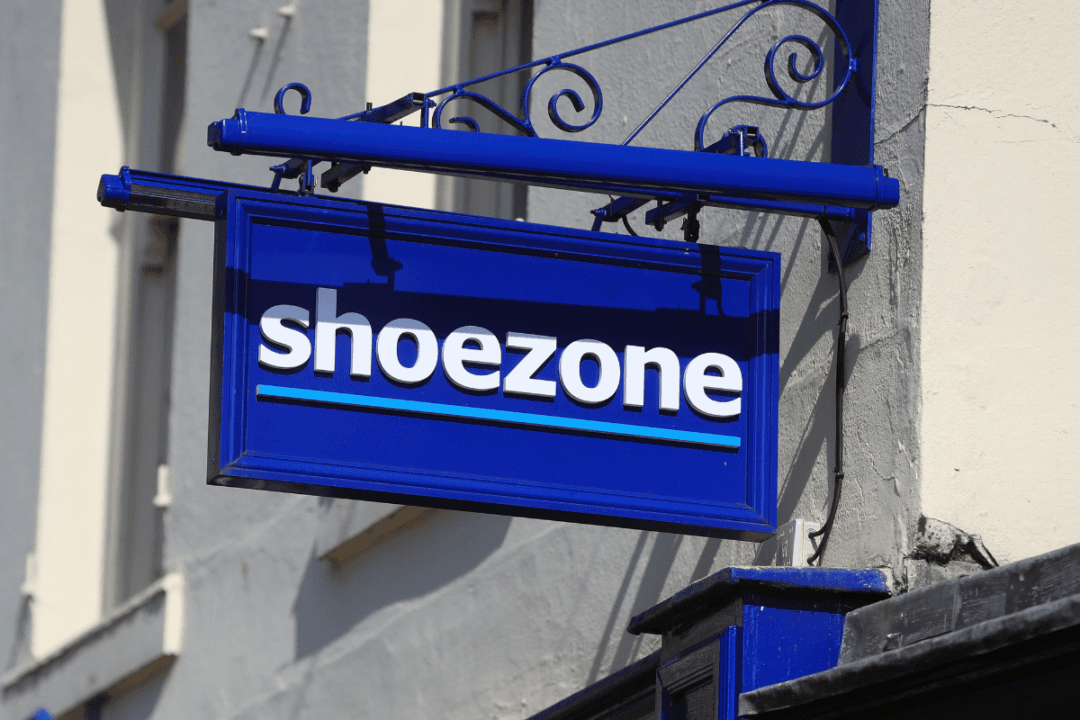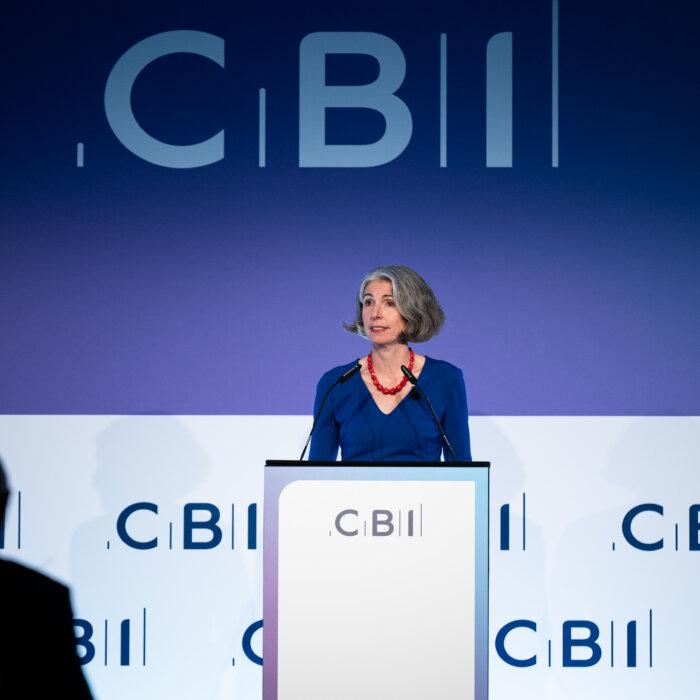Shoe Zone, the budget footwear retailer, has announced it is beginning to close stores owing to soaring wage costs.
Shoe Zone said on Wednesday that the government’s decision to raise the minimum wage and employer National Insurance Contributions (NICs) has led to “significant additional costs.”
“These additional costs have resulted in the planned closure of a number of stores that have now become unviable,” the company said.
The retailer, which employs around 2,250 staff in 297 shops across the UK, did not specify how many branches would close and how many staff would be affected.
Share values plummeted 49 percent, with Shoe Zone saying that annual profits would be lower than expected, announcing it has cancelled its final shareholder dividend payout for financial year 2023/24.
Shoe Zone has already been experiencing difficulties. It revealed in October that it had shut 26 stores on a net basis—53 closed, less 27 opened—in the previous 12 months.
Conditions have been “challenging” since the end of September, the retailer added, noting that consumer confidence has weakened further since the Budget was published.
Shoe Zone said annual sales fell 2.7 percent, which will leave 2023/24 profits at “not less than” £9.6 million against £16.2 million the previous year.
Budget Impact ‘Painful’
Meanwhile, Hollywood Bowl said that despite still experiencing a boom in leisure demand, the October Budget was “clearly painful and unexpected.”The ten-pin bowling operator, which runs 72 centres in the UK and 13 in Canada, said on Tuesday that its focus on keeping prices low has helped attract families under pressure from the cost of living looking for affordable entertainment.
The company reported revenue of £230.4 million in the year to September, 7 percent higher than the previous year.
“People are looking for value which is why we’ve been really careful with our pricing to make sure we’ve remained the most competitive offer in an increasingly competitive environment,” said the company’s chief executive, Stephen Burns.

However, the company said that the estimated annual impact of higher NICs will be about £1.2 billion. Burns said his company was in a better position than most and will be able to absorb the increase, without having to pass the costs on.
Business Confidence Falls
Following the Budget announcement, dozens of business leaders—including the heads of Amazon, Boots, Marks & Spencer, and Primark—signed a joint statement warning that the Budget will result in higher prices for customers and job losses, as businesses will not be able to cope with higher NICs and wages.
“This month’s decline in confidence is likely to reflect businesses’ immediate reaction to announcements in the Autumn Budget,” the BDO report said.
The Recruitment and Employment Confederation has also found in its survey of recruitment agencies a “steep reduction” in permanent staff places, influenced by the Budget’s planned higher payroll expenses.
Agencies also noticed a sharp increase in staff availability last month “amid reports of a growing number of redundancies.”
Jon Holt, group chief executive of KPMG, which helped compile the report, said, “Businesses are having to weigh up the prospect of increasing employee costs following the Budget, which has led to an accelerated slowdown in hiring activity across the board.”







